New Scientist covers the latest developments in science and technology that will impact your world. New Scientist employs and commissions the best writers in their fields from all over the world. Our editorial team provide cutting-edge news, award-winning features and reports, written in concise and clear language that puts discoveries and advances in the context of everyday life today and in the future.
Elsewhere on New Scientist
A note from the executive editor
The value of nature • Covid-19 is a wake-up call to halt our abuse of the ecosystems that support us
New Scientist Australian Edition
Two variants combine • A merger of coronavirus variants in the US has sparked warnings that we may be entering a new phase of the pandemic, reports Graham Lawton
New variants vs normality • Countries that are vaccinating can be optimistic about a return to normality despite new variants, finds Michael Le Page
Did the virus come from frozen food? • The idea is being investigated, but the science is far from clear
England’s quarantine hotels won’t stop variants • The decision that visitors from only some countries must isolate in hotels ignores scientific advice and is bound to fail, says Donna Lu
Martian invasion • Landers, rovers and even a helicopter are descending on Mars this month, where they will search for signs of water and past life, says Leah Crane
First helicopter on another planet could glow in the dark
Chimpanzees seem to ‘speak’ in sentences of three or more calls
Physicists may have solved the mystery of why ice is slippery
Stonehenge may be a recycled Welsh structure
AI can identify you by the vein patterns on your hands
The brains that time forgot • CRISPR gene editing helps create mini brains with Neanderthal characteristics
Cockroaches munch each other’s wings in mutual cannibalism
AI can tell if people are enjoying your video call
Ancient icy calamity left its marks on bacterial DNA
Vampire bat shows soft side by adopting orphaned baby
Tiny craft may soar into forbidden zone
Now body heat could power your gadgets
Really brief
Reflected whale calls provide seismic data
Freakish young galaxy rips up the astrophysics rule book
Avatar can boost speaking confidence
Borrowing bee brains • We need a revolution in artificial intelligence, and learning from insects will help us achieve it, says James Marshall
Exploring ancient cities with futuristic tech • Data archaeologists are uncovering the secrets of long-lost metropolises – including why they died out, writes Annalee Newitz
Your letters
Top of the class
A climate call to arms • Bill Gates may be a flawed messenger on global warming, but his book is still a fine primer on how to get ourselves out of this mess, says Adam Vaughan
Watch out for the comet! • Despite the familiar disaster movie premise of a comet hurtling towards Earth, Greenland is hugely watchable, says Linda Marric
Don’t miss
Coming together • In Unity, Elly Bangs conjures a post-apocalyptic Earth where her protagonist, once part of a hive mind, faces a dangerous, fractured future. The novel is a powerful exploration of union, trauma and consent, says Bethan Ackerley
A rescue plan for nature
Biodiversity: A status report
WHAT DO ECOSYSTEMS DO FOR US?
HOW TO RESTORE AN ECOSYSTEM • How ecosystems are degraded by human activity varies – and ways to restore them differ too
Back from the brink • Stories of species brought back from near-extinction show we can help nature turn the corner, says Adam Vaughan
‘We have to be optimistic’ • The new biodiversity targets to be agreed this year...

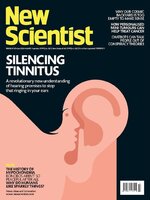 Apr 20 2024
Apr 20 2024
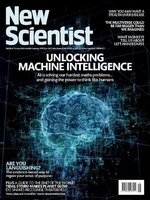 Apr 13 2024
Apr 13 2024
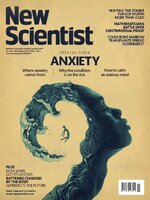 Apr 06 2024
Apr 06 2024
 Mar 30 2024
Mar 30 2024
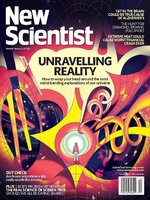 Mar 23 2024
Mar 23 2024
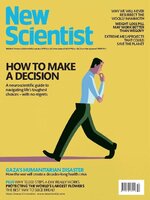 Mar 16 2024
Mar 16 2024
 Mar 09 2024
Mar 09 2024
 Mar 02 2024
Mar 02 2024
 Feb 24 2024
Feb 24 2024
 Feb 17 2024
Feb 17 2024
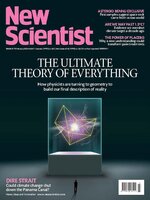 10 Feburary 2024
10 Feburary 2024
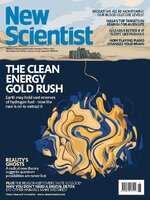 Feb 03 2024
Feb 03 2024
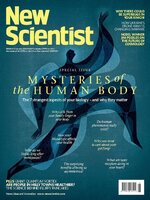 Jan 27 2024
Jan 27 2024
 Jan 20 2024
Jan 20 2024
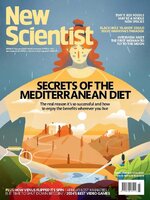 Jan 13 2024
Jan 13 2024
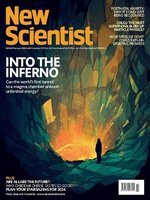 Jan 06 2024
Jan 06 2024
 Dec 30 2023
Dec 30 2023
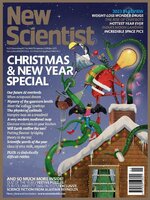 Dec 16 2023
Dec 16 2023
 Dec 09 2023
Dec 09 2023
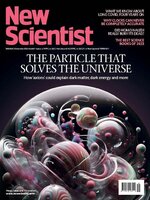 Dec 02 2023
Dec 02 2023
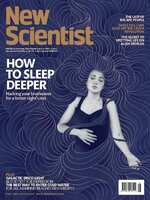 Nov 25 2023
Nov 25 2023
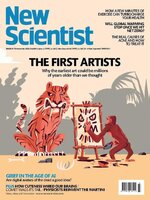 Nov 18 2023
Nov 18 2023
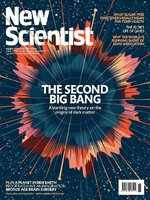 Nov 11 2023
Nov 11 2023
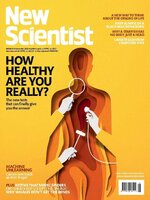 Nov 04 2023
Nov 04 2023
